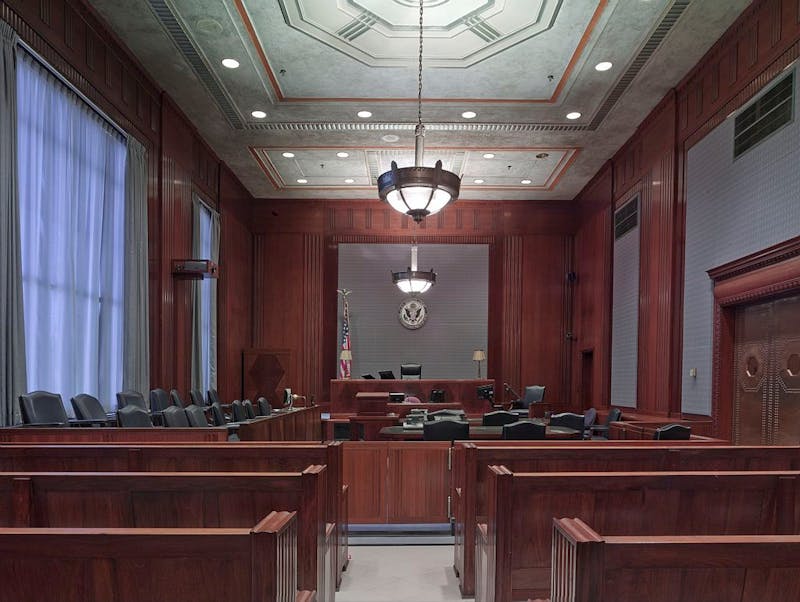One of the most critical moments in a car accident personal injury trial is the cross-examination of the defendant driver. Often, a capable personal injury attorney can expose traffic violations and other evidence of negligence by questioning the at-fault motorist.
I presented Cross of the Defendant Driver at the TTLA Car Wrecks Seminar in Houston on Feb 21, 2019. During my presentation, I explained three main tips that I would give any new lawyer about how to best handle a cross-examination.
Listen and Be Human
With the mass amounts of information available to prepare for cross-examination, young lawyers can easily experience information overload. It is important to remember during a that you cannot adequately process the defendant’s answer and if you are already thinking about the next question. When you react like a genuine person, you gain credibility. When you react by asking the next question on your list, you become one of those lawyers who are rightfully the butt of bad jokes.
It is also important to be fair to the defendant, even when they are evasive or dishonest. Fairness builds your credibility with the jury—it turns you into the trusted guide or mentor and turns the defendant into the villain character.
Establish an Agreement to the Safety Rules
The most important thing to do in the defendant driver’s deposition or courtroom testimony is to establish an agreement to the safety rules you have developed for the case. Safety rules are a basic outline of what constitutes safe and reasonable driving. Development of these safety rules, or the defendant’s rejection of the most basic safety rules, create a framework that binds the defendant or forces the defendant into the role of the villain.
Establishing safety rules makes it easy for a jury to understand when and how a driver has been negligent. If you do nothing but establish rule violations, your deposition is likely a success. It is also useful to establish what potentially could have happened in an accident; who could have been hurt and how bad they could have been hurt are issues that paint the full breadth and depth of the defendant’s negligence to the jury.
Dealing with a Smart Defendant
One of the trickiest obstacles in cross-examination is dealing with a defendant who is evasive and “smarter than everyone else in the room.” When you encounter a driver with this mindset, try to use it to your advantage. Resist the temptation to become the overpowering trial lawyer and tear into the defendant driver.
Instead, take the defendant to ever more ridiculous conclusions based on the statement they have made until they have lost all credibility or appear as a liar. When you have your defendant in a provable lie, allowing them to either be a truth teller or reconfirm the lie is very powerful. Rather than revealing that you know the defendant is lying, ask “are you sure about that?” or “no doubt in your mind?” Then leave it alone; your work is done. Prove up the lie with evidence and then remind the jury about the lie during closing.


